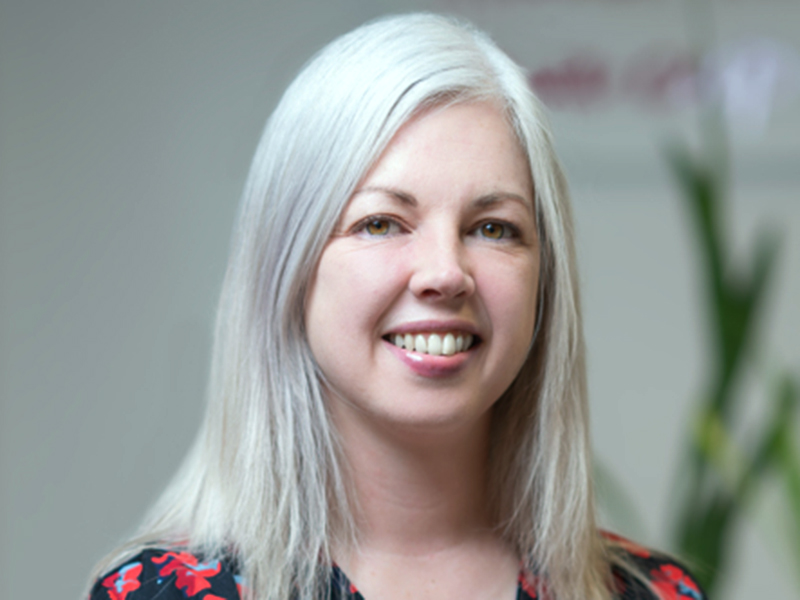As New Zealand Prime Minister Jacinda Ardern announces she is leaving her role, Jane-Claire Judson shares her own experience of approaching burnout last year
In June 2022 I began a five-month unpaid sabbatical from my role as Chief Executive of Chest, Heart & Stroke Scotland (CHSS). I felt the need for time off designed to help me recharge my batteries, spend time with my daughter and husband, and return refreshed to the organisation.
I wanted to break the cycle of hyped-up adrenaline and working long into the evening. My husband and I both worked throughout the pandemic. My daughter was only three and a half at the start, and I felt she’d missed out on a lot.
I had a third motivation for taking a break. Our organisation needs to go through a strategy refresh, but I didn’t have the space or time to reflect on what we’ve achieved with No Life Half Lived, our strategy aimed at ensuring everyone living with a chest, heart or stroke condition in Scotland is able to shape their own future and lead life to the full.
I know how privileged I am to have been able to take this time and be supported fully by the board and directors. But I also think it was absolutely the right thing for me and for the organisation. I wasn’t at the edge, but I have seen too many colleagues in similar roles at the brink and could see that it could be in my future.
I don’t think I realised until I was about halfway through the sabbatical how close I was to burnout. In some ways, taking the time off was good preventative risk management.
It was as if my synapses were reforming, my energy came back, my creativity came back. The passion never went, but now I had all the elements in place again.
I did a lot of walking. I felt as though I experienced the benefits properly when I walked the Fife Coastal Path. And I couldn’t do that without turning it in to a CHSS fundraiser!
Adjusting to daily life without a work routine takes time. I learned that I’m not very good at sitting still! The first month off was quite tough in some ways because I’m not used to not having a routine or to having time.
I think it’s definitely part of my personality to want to be busy. But I learned to value the difference between being busy productively and being busy for the sake of it.
I pride myself on being able to spin all the plates, but is that the best use of my time? I learned how to focus on one thing at a time.
Another thing I learned is how much I really do love my work. Work is a big part of my personality and my identity. To not be doing it every day was a discombobulating experience.
When I was off, every time I saw something to do with the charity, I got very excited. I still felt really connected and proud of what we were doing. I would think ‘I can’t wait to get back into the mix’.
I already knew the team around me is brilliant. But it was nice to take five months off and see how brilliant they are in action.
So, for me, the next five years is about us being as strong as we are now. We don’t have to devise a new strategy from scratch because No Life Half Lived is such a strong mission that we are simply moving on to the next stage.
Burnout is a real issue for leaders and colleagues at all levels in the third sector and beyond, as the news about Jacinda Ardern illustrates. As third sector leaders it is imperative that we discuss these issues and support each other in order that we can continue to support the people in our communities that need us the most.
Jane-Claire Judson is chief executive of Chest, Heart & Stroke Scotland, www.chss.org.uk







